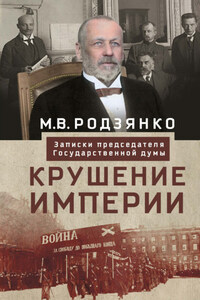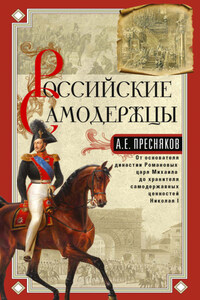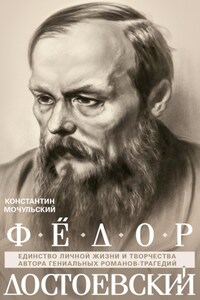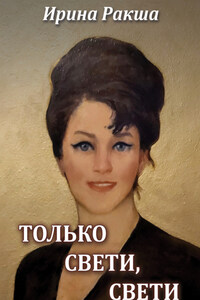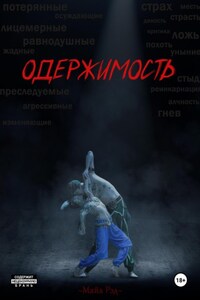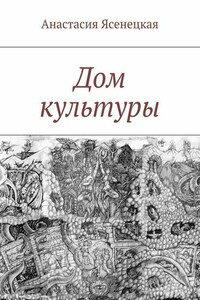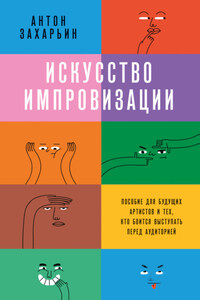Talk of the Toony: The Autobiography of Gregor Townsend
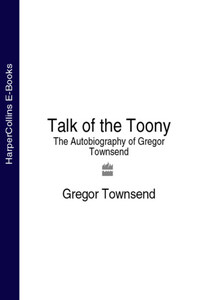
Gregor Townsend is one of rugby’s true greats. The most capped Scotland international of all time, a captain of his country and a winning British Lions tourist, Townsend’s time in the game has spanned continents, cultures and the amateur and professional eras. Always worth the admission money, his own story provides a unique perspective on rugby.The game of rugby has taken Gregor Townsend from the Scottish border town of Galashiels to the great playing fields of the world: Twickenham, Stade de France, Newlands, Stadium Australia and Eden Park. No current player can provide as comprehensive and objective a perspective on rugby culture as Townsend.‘Frustratingly mercurial,’ says one expert commentator of Scotland’s most celebrated fly-half. ‘He can empty bars with his brilliance,’ waxes another in contrast. But no-one can question his commitment as a pioneer of the cosmopolitan rugby life.From year-round seasons playing for both Gala and Australian side Warringah, he joined the Ian McGeechan revolution at Northampton – alongside England greats Matt Dawson, Paul Grayson and Tim Rodber – becoming a fan’s favourite. He has featured in some of the biggest matches in the sport – Grand Slam showdowns with England in 1995 and 1996, World Cup quarter-finals in 1999 and 2003 against New Zealand and Australia, British Lions Test victories, and European and French Cup Finals.Along the way, Townsend recounts his experiences of working alongside some of the greats of the world game – Gavin Hastings, Clive Woodward, Martin Johnson, Jonny Wilkinson, Jim Telfer, Ian McGeechan, and many more.He reveals how a team-mate tried to persuade the entire Scottish XV to sign up for rival Kerry Packer’s professional league. He details his shock at being omitted from the 2001 Lions squad, and the infamous 1994 Scotland tour to Argentina where he was blasted for his performances and almost gave up the sport. And he discloses for the first time the controversial circumstances behind his enforced international retirement.From his candid descriptions of the fierce political battles of selection to the events leading to professionalism that almost destroyed union, Gregor Townsend shows what it has meant to have experienced a lifetime playing, thinking and living rugby.

